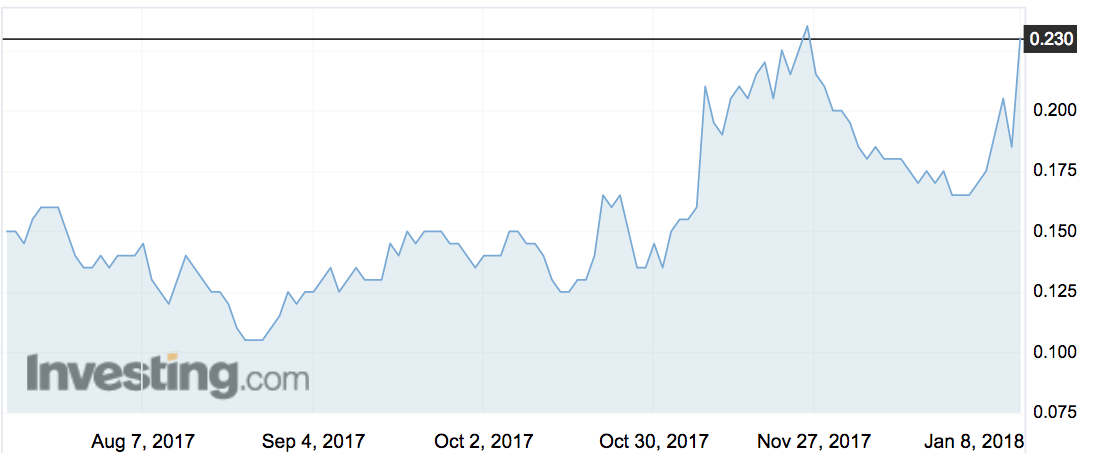Dotz Nano crows about $19m China deal but isn’t cocksure about the money

Pic: Getty
Nano tracker dots maker Dotz Nano has done a $US15 million ($19 million) distribution deal in China, but warns they can’t guarantee that figure.
A Chinese-Israeli group called CisticPoly has signed on to buy a minimum number of the graphene quantum dots (GQDs) over three years.
But the deal is only binding after CisticPoly finds out what its customers want and actually sends through a purchase order.
“CisticPoly have not yet formalized any sales agreements with potential customers for GQDs, nor have any product specifications been confirmed by CisticPoly or third parties,” the company (ASX:DTZ) told investors.
“Dotz Nano cannot categorically state that the full anticipated revenues under the agreement with CisticPoly can be achieved, until such time as the above product specifications and sales agreements have been formalised.”
There are incentives for CisticPoly to hit the annual milestones, with the first being the issue of 10 million unlisted options at an exercise price of 50c and expiring two years after they’re issued.
Dotz Nano shares were up 24 per cent on the news to 23c.

If CisticPoly hits the second minimum purchase milestone Dotz Nano has agreed to consider setting up a joint manufacturing facility in China.
“China is an extremely attractive market, with many applications for our GQDs such as anti-counterfeiting, brand protection, counterfeit product liability protection, chemical distribution and more,” said chief Dr. Moti Gross.
“Many first Tier and OEM companies have manufacturing facilities in China and are prime targets for using our GQDs.”
The Israeli company wants to put tiny quantum dots in consumer goods like olive oil to stop counterfeiting, and has perfected a process to tag fuels such as gasoline, diesel and kerosene.
Quantum dots are tiny particles that emit different colours when irradiated with ultraviolet light. Sony and Samsung both use them in their top-end TVs.
The dots are traditionally made with heavy metals such as cadmium, lead or zinc which make them unsuitable for human contact. Dotz Nano is trying to commercialise a nontoxic type of dot made with graphene instead of metals.
Stockhead is seeking comment from the company.
UNLOCK INSIGHTS
Discover the untold stories of emerging ASX stocks.
Daily news and expert analysis, it's free to subscribe.
By proceeding, you confirm you understand that we handle personal information in accordance with our Privacy Policy.








